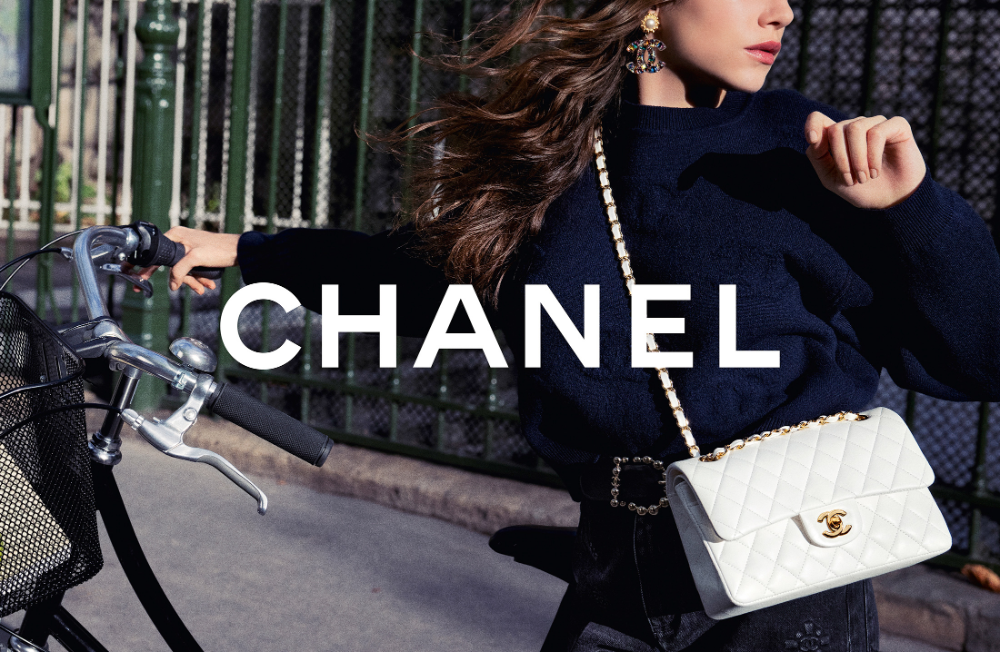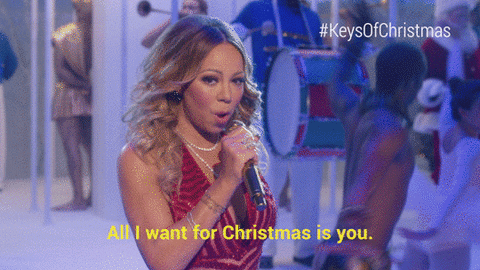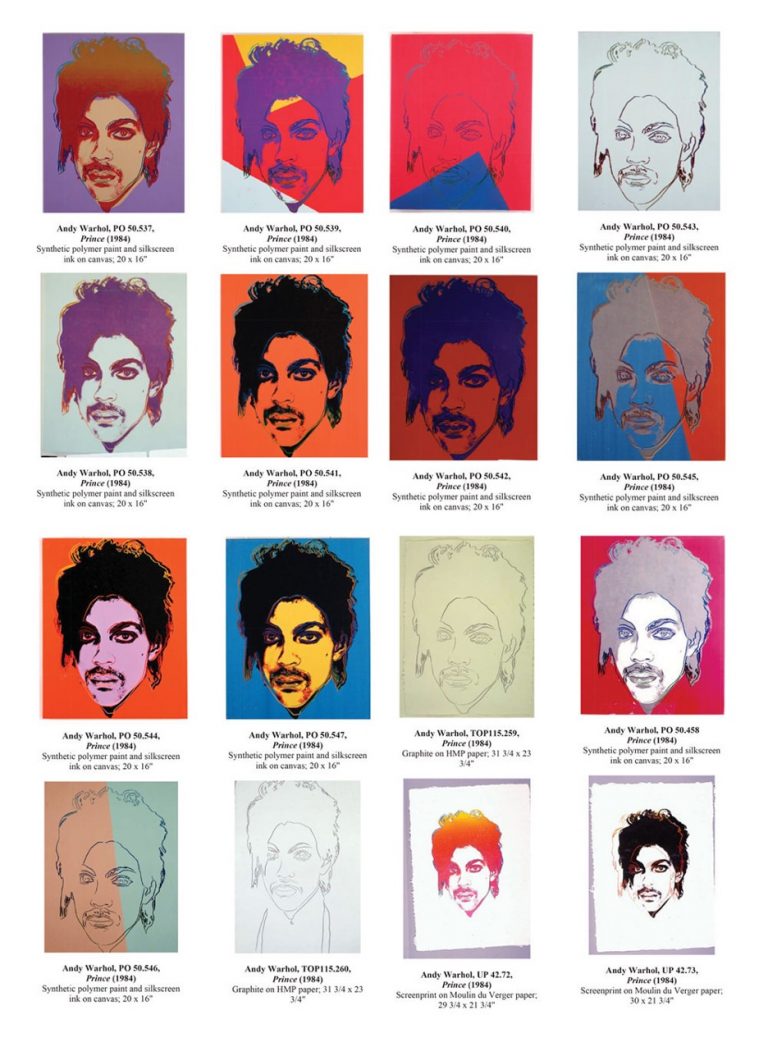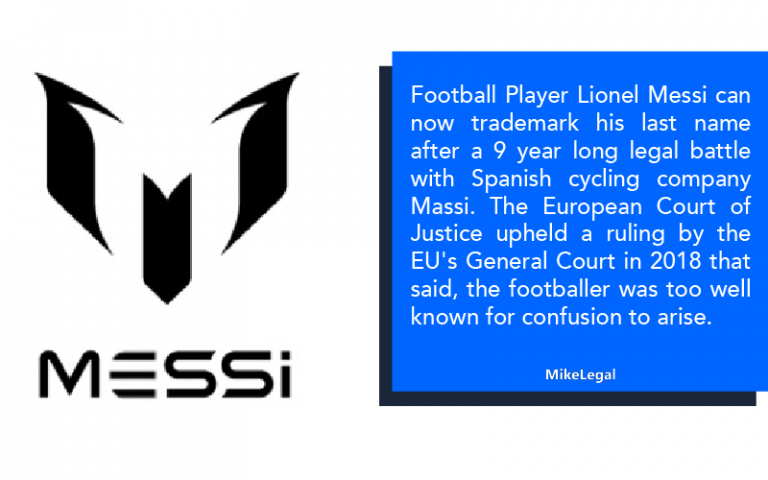CHANEL V. THE REALREAL: LUXURY MEETS RESALE
“In order to be irreplaceable one must always be different” – Coco Chanel
The fashion industry is finding its footing once again after the turmoil it faced due to the pandemic and has risen up to be one of the most mobile industries in the world. Not just recently, but since From Hollywood stars to every single individual who wants to look as pretty as a picture. Amongst the haul of Fashion weeks, high-end clothing stores and the fashion industry, Chanel has always been unique in its fashion identity and always attained absolute modernity by following the artistic work of the avant-garde.
The RealReal, Inc. is an online and Brick-and-Mortar marketplace for authentic luxury consignments. Based on the circular economy, The RealReal sells consigned clothing, fine jewellery, watches, fine art and home decor.
The circular fashion industry is a regenerative system in which garments are circulated for as long as their maximum value is retained, and then returned safely to the biosphere when they are no longer of use. In a circular model, products are designed and developed with the next use in mind. Resale companies have always played a major role in this economy. On one hand, luxury brands have embraced this new form of fashion, while on the other hand, others feel threatened by resale companies making headway in the luxury brand industry by selling their products. Although luxury brands may view resale as “cheapening” their products, resale acts as a point of entry-level access for those who enjoy fashion but may not be able to afford the products at the full luxury price.
In the ongoing lawsuit ‘Chanel’ filed against the resale company ‘The RealReal’, this battle can lead to dynamic implications on the resale industry along with the issue of counterfeits.
Chanel has not always been this welcoming to the resale industry as compared to other such luxury brands while filing lawsuits against both TRR and WGACA. On November 14, 2018, Chanel filed a complaint against TRR in New York’s Federal Court claiming among other facts that TRR sells replica mock-ups of Chanel products which violates Section 32 of the Lanham Act, deceiving customers that TRR has any kind of affiliation with the brand.
Also, alleging the fact that TRR is responsible for infringing its exclusive Trademark of Chanel for advertising and marketing their goods.
This comes under the similar radar of the lawsuit against WCAGA on March 15, 2018, where Chanel claimed that WCAGA sells counterfeit goods in an attempt to deceive consumers that it has some kind of association with Chanel.
TRR has claimed in a letter to Judge Gabriel Gorenstein of the U.S. District Court for the Southern District of New York that “Chanel’s actions are not a good faith effort to police counterfeiting but rather a targeted campaign to prevent certain competitors from operating in this specialized market.” TRR moved to dismiss these claims stating that it authenticates every product and item sold on its platform, hence, these allegations are false and frivolous. According to the First Sale Doctrine, consumers are allowed the right to sell, display, or otherwise dispose of a copy of a copyrighted work after the consumer purchased a copy from the copyright holder. Hence, if TRR has authenticated all the items sold and consumers have given their products to TRR to sell on their behalf, TRR claims Chanel’s claim is barred by the First Sale Doctrine.
TRR also used the precedent judgment in Tiffany (NJ) Inc. v. eBay Inc., where it was rejected by the court that eBay was selling counterfeited jewellery for an auction on that platform. The court denied TRR’s motion because it approves every product to be listed, exercises control over the pricing and marketing of the product, and has physical possession over the inventory sold, unlike eBay.
When it comes to the issue of selling goods which are counterfeited and causing to cheapen a luxury brand by the sale of authenticated goods on such websites, they are two completely separate and different themes in motion that Chanel is putting together into one through its lawsuit. It is given that, if a consumer purchases a Chanel bag from Chanel, they are a bona fide purchaser and through the First Sale Doctrine have the right to resell that bag to a resale company, like TRR.
Given that there are no specific laws which prevent TRR and other such resale companies from reselling pre-owned designer bags on their online platforms, Chanel through its suit against TRR and WGACA is hoping to get some kind of leverage to restrict and take away the right for companies like TRR and others to sell their bags. Chanel is also expecting a legal remedy which allows them to have the trademark and selling rights over all authenticated Chanel bags, even if pre-owned by customers. Although this is unlikely to happen because of the basic property law. Customers who purchase any goods, even a bag which costs a couple of thousand dollars, have ownership of that good and rights.
However, selling counterfeit bags on the other hand is a completely different issue. If the claims of Chanel are proved to be valid against TRR, then TRR is in violation of the laws of the Trademark Act. Also, TRR could be subjected to lawsuits from customers who previously bought Chanel bags that TRR claimed to be 100% authentic. Chanel has cited 7 such bags on TRR’s website which could be possible counter feet. If these are proved to be fake and it is proved that TRR has sold such counterfeit products, TRR is not going to have a good defence against this claim.
Chanel will always be the gold standard in the fashion industry known for its rich history in luxury goods. The RealReal and other such resale companies are new entries into the retail industry but look like they are here to stay. If Chanel v. The RealReal continues in court without any settlement, the decision could lead to dynamic changes in the retail industry. However, it is believed that Chanel is most likely to lose in court and this would benefit consumers in the long run because these companies would not be changed. It is believed that settlement would be a more economical and beneficial solution to this case, it would also give both Chanel and TRR to procure a solution which allows the parties to participate in the luxury retail industry together instead of winning them against one another.
This blog has been authored by Deeksha Aggarwal during her internship with Mikelegal.
REFERENCES






